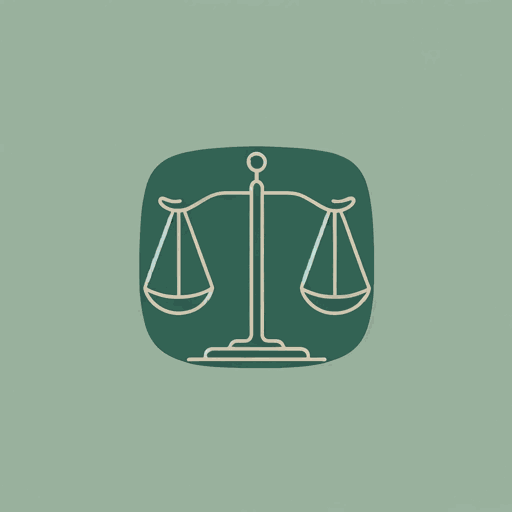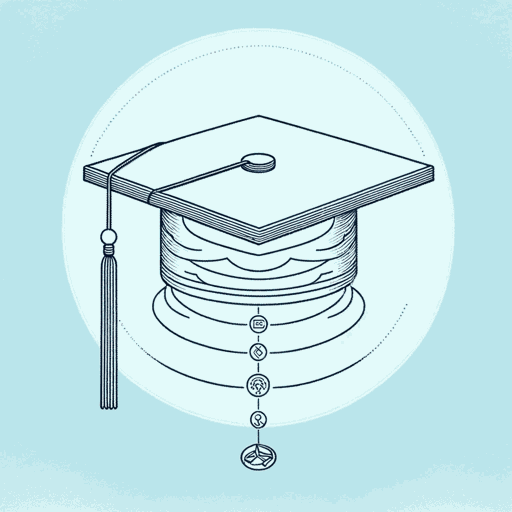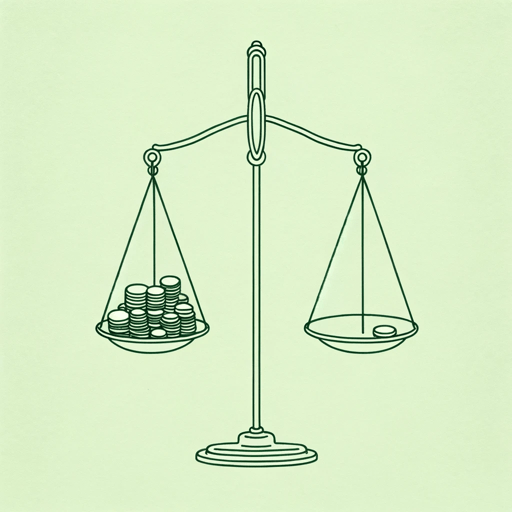47 pages • 1 hour read
Michael J. SandelJustice
Nonfiction | Reference/Text Book | Adult | Published in 2005A modern alternative to SparkNotes and CliffsNotes, SuperSummary offers high-quality Study Guides with detailed chapter summaries and analysis of major themes, characters, and more.
Chapters 2-4Chapter Summaries & Analyses
Chapter 2 Summary: “The Greatest Happiness Principle/Utilitarianism”
Under a utilitarian view of morality, costs and benefits are weighed to determine the path that will maximize happiness, referred to as “utility” by Jeremy Bentham, the philosopher behind this concept. In Bentham’s view, because we are all governed by pleasure and pain, the standard of right and wrong is to maximize pleasure and minimize pain.
Opponents of utilitarianism believe that certain rights and duties are so fundamental they should not be subjected to this type of cost-benefit analysis, because (1) this approach does not respect individual rights, and (2) it is not possible to “translate all moral goods into a single currency of value” (41). Thus, for example, a utilitarian might argue that torturing a terror suspect to save thousands of innocent lives is fine, unless the utilitarian believed that the torture leads to false information or the torturing of our soldiers. Further, companies and agencies have been criticized for subjecting human lives to a cost-benefit analysis. In response, however, a utilitarian would say that we make these calculations all the time, such as when we do not lower the speed limit despite the number of fatal crashes each year.
John Stuart Mill answers both of these objections to utilitarianism.
Related Titles
By Michael J. Sandel



